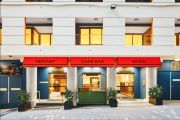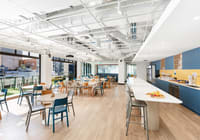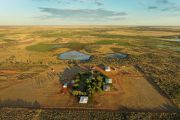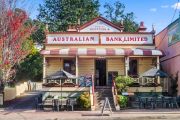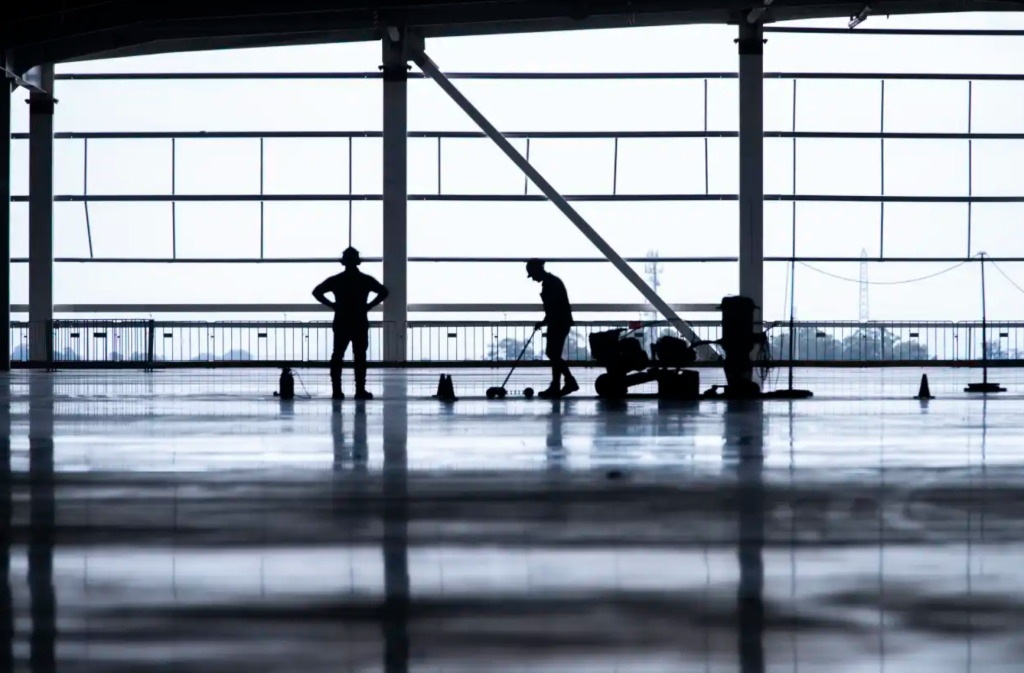
Commercial real estate deals top $5b in first quarter
Commercial real estate transactions topped $5 billion in the first quarter of this year, a 60 per cent rise on the first three months of 2020, as yield-hungry investors sought the safety of bricks-and-mortar real estate.
New figures compiled by JLL show while office deals accounted for more than half of the $5.13 billion of commercial real estate that transacted over the first quarter of the year – up 10.5 per cent to $2.63 billion – the biggest surge in deal value occurred in the booming industrial property sector and, surprisingly, in retail property.
Industrial property deals increased threefold to $1.68 billion in the first quarter and shopping centre deals more than doubled to $818 million, according to JLL.
Following ESR securing Blackstone’s Milestone logistics portfolio for a record-breaking $3.8 billion earlier this month, industrial property deals have already surpassed the $5.4 billion in transactions recorded for all of 2020.
Active buyers of industrial assets over the first quarter included Dexus, Centuria and EG. JLL estimates $45 billion of institutional capital is seeking exposure to the sector in Australia.
“Capital continues to seek exposure to the Australian industrial and logistics market, due to its strong and stable fundamentals,” said JLL’s head of capital markets for industrial property, Tony Iuliano.
“The volume of buyers that is in the market has led to the first-quarter total this year being more than double the average volume for first-quarter sales over the last decade, of $687.82 million
“Due to the number of major transactions on the horizon over the rest of 2021, we are on track to record outstanding sales volumes for the industrial & logistics sector in Australia,” Mr Iuliano said.
In the retail sector, neighbourhood centres, large format retail or single-tenant long-lease assets accounted for 70 per cent of the deals in the first quarter of the year.
“Investors are starting to re-engage with the retail sector beyond the neighbourhood and LFR sub-sectors,” said JLL’s senior director of retail research, Andrew Quillfeldt.
“Liquidity for retail assets above $150 million is likely to gradually improve through 2021 given the improvement in rent collection rates, attractive valuations relative to pricing in other sectors and given the supportive retail spending backdrop.”
First-quarter retail deals included US investment giant Invesco selling its Forestway shopping centre in the northern Sydney suburb of Frenchs Forest to private platform Revelop for $100 million (on a yield of about 5.75 per cent), representing a discount of about 10 per cent on the price Invesco paid when it acquired the neighbourhood centre in 2015.
Also selling was Financial Review Rich Lister Con Makris who divested two shopping centres in Adelaide for a combined value of $110 million.
Offshore investor were again big drivers of deal flow in the office sector, despite rising vacancy rates, falling rents and more employees working from home on a permanent basis.
According to JLL, foreign investment volumes nationally reached $1.45 billion or 55 per cent of the $2.63 billion of office towers that transacted in the first quarter of the year.
This was well above the 10-year average of 44.3 per cent, but below the 64.8 per cent or $6.57 billion share of office transactions by foreign investors recorded across the whole of last year.
“Australia’s office sector continues to be an attractive market for offshore investors despite the new challenges they faced in 2020. Investors are favouring quality prime assets in CBD locations as well as assets with growth potential in metropolitan markets,” said JLL’s head of capital markets in Australia, Fergal Harris.

